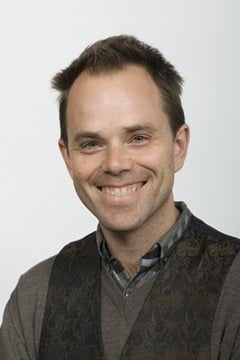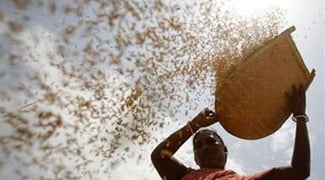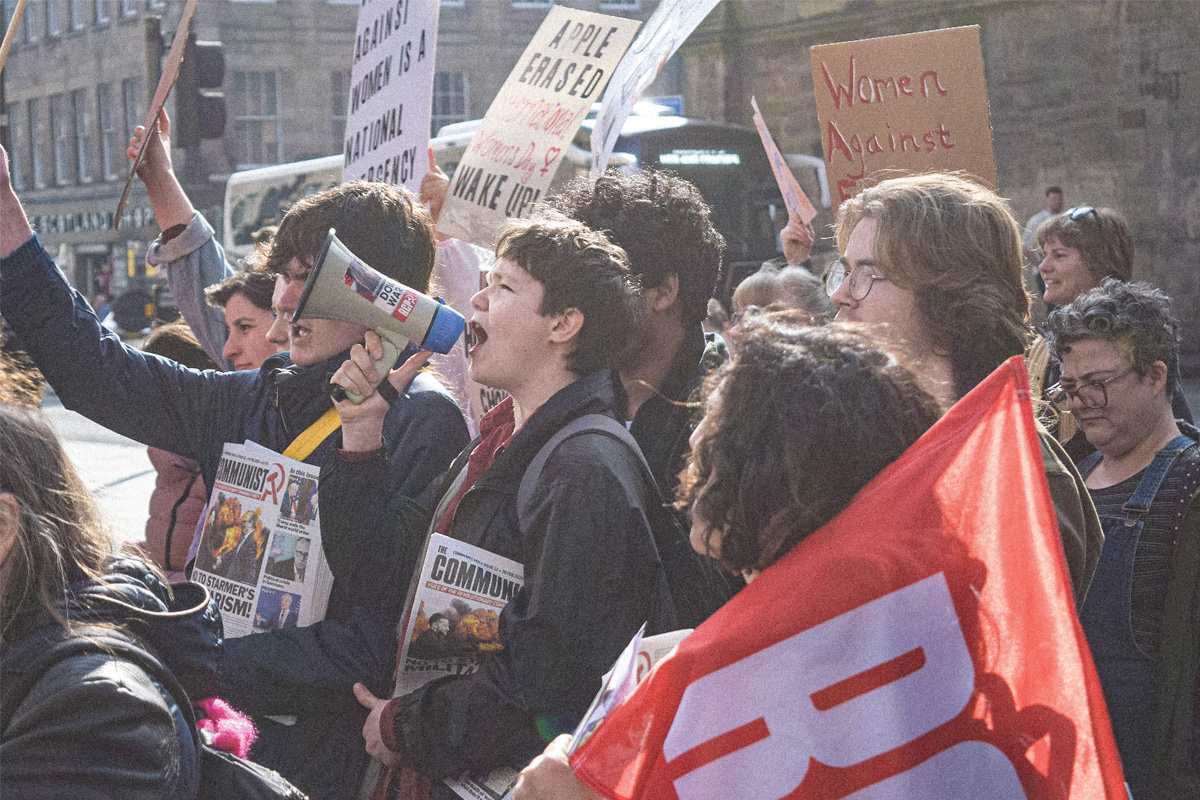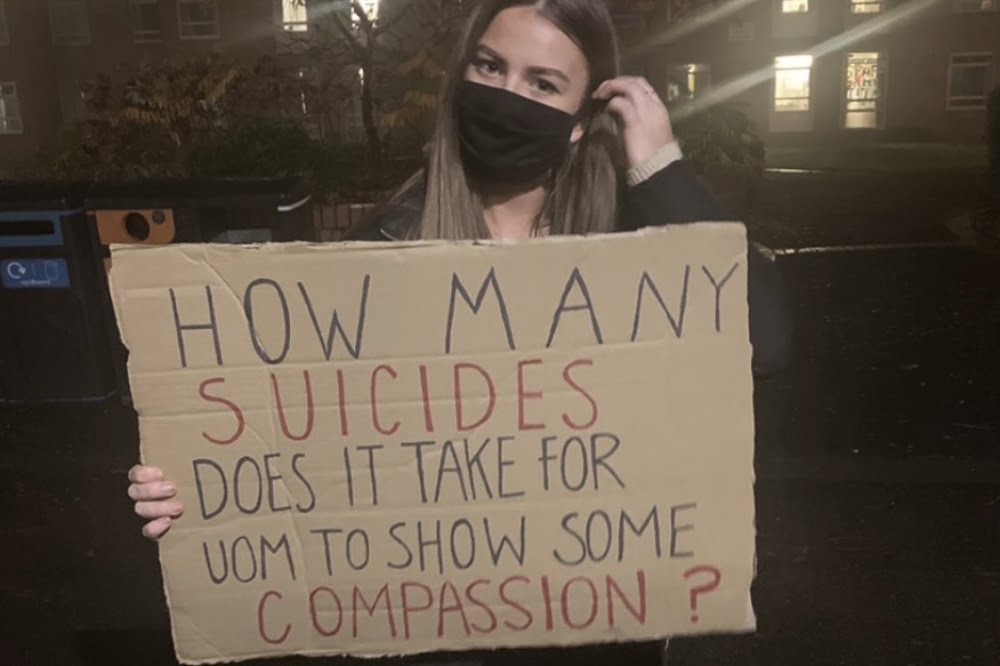On Wednesday 19th November UEA’s Socialist Society hosted a joint meeting
with the UEA Green Party. The meeting took the form of a debate between Norwich
City Councillor Rupert Read (Green Party) and Fred Weston on the important
issue of the food crisis. The question of whether the crisis is one of
production or distribution was the starting point of the debate, enabling the
speakers to explain their perspective on the cause of the crisis and
ultimately, their proposed solutions.
 |
| Green Party Councillor Rupert Read |
Inspired by a successful joint meeting with the Green Party during the
previous year, the UEA Socialists invited Rupert Read once again to debate a
member of Socialist Appeal. The Green Party have had a lot of success in
Norwich. Together with Brighton, the city has been targeted by the Greens for
electoral success. Rupert Read, a former lecturer at the university and
candidate for the European Parliament, routinely enjoys a strong platform and
had recently held a meeting on ‘Green Philosophy and Green Politics’ which
attracted a turnout of over 100 people.
Anticipation for this meeting was understandably high. Fortunately, turn
out for was impressive despite short notice, with over 40 students in attendance.
Each speaker had 20 minutes to outline their position, followed by
questions from the audience and a final opportunity for each speaker to sum up
their positions.
Fred began by explaining that the food crisis was, in fact, a crisis of
distribution, or more accurately of capitalism. Imperialism has played an
active, predatory role in crippling and impoverishing former colonial
countries. He used Haiti as an example of the role that Imperialism plays
through the IMF. Here, an undeveloped ‘third world’ country, shackled by debt
is approached by the IMF with a guarantee of alleviating debt on the condition
that import taxes are cut. As a result, Haiti cut its import tax from 33% to
3%, allowing American imported rice to be sold at a cheaper price than their
Haitian grown equivalent. The result of course was a collapse of the Haitian
farming industry, and an increased dependence on imported foods.
Fred went on to show that there is enough food to feed the entire world.
The equivalent of 2700 calories are produced for every man, woman and child on
the planet. Ethiopia, with the most up to date equipment and technology could
feasibly support a population of 100 million. Instead, under capitalism it has
a population of 30 million that is routinely subject to famine and civil war.
Rupert Read followed on from Fred, highlighting the similarities between
socialism and the Green movement. He agreed that we currently live under a
system that does not distribute food on the basis of need, and that as Fred described,
‘those that cannot afford do not exist’ under capitalism. However, Rupert went
on to describe the problem as one of production as well as distribution. The
earth has limited resources, or ‘buffers’, that we are beginning to hit.
Underlying ecological problems exist at the heart of the food crisis, and
Rupert pointed to Darfur as an example of the first ‘climate change war’, as
the whole region is turning into desert.
Fred’s solution was simple: we cannot control what we do not own. Food
cannot be distributed fairly if it is owned by private individuals whose
interests are confined to profit. Rupert agreed on this point, and advocated
that nationalisation needed to take place.
The question period was heated, with many contributions from the 40-strong
audience. In particular, Rupert Read came under a lot of attack for having a
reactionary stance on production. One audience member asked how far the
reduction of consumption and production would go. Throughout, Rupert Read
maintained that production ‘per se’ was bad and that we fundamentally have
enough stuff.
Ultimately, the question of production is a theoretical one. The Green
Party, for all its electoral ambitions, is not in a position to dictate to the
multinationals. Capitalism is already forcing workers to cut consumption, and a
global recession will mean a downturn in production across the planet. If
global resources are running out, then a planned economy will be needed to
distribute these resources on the basis of need.
One important contribution was made by someone that quoted Rosa Luxembourg:
‘We must look at history the way it is, not how we would like it to be’.
Throughout history, people have become more productive and has satisfied their
needs through ever more sophisticated technologies. ‘Reduce consumption!’ will
never be a winning slogan for a party that wants to win the support of the
masses!
The meeting ended on good terms, with future debates with the Green Party on the
cards. Many students from the meeting went down to union bar afterwards to
continue discussion. This was the first real opportunity for many students to
hear a Marxist perspective and it was very well received. The task for the
Norwich comrades is to continue to build on this new interest in our ideas and
make sure that this interest turns into something more concrete; the building
of the ideas of revolutionary Marxism!






